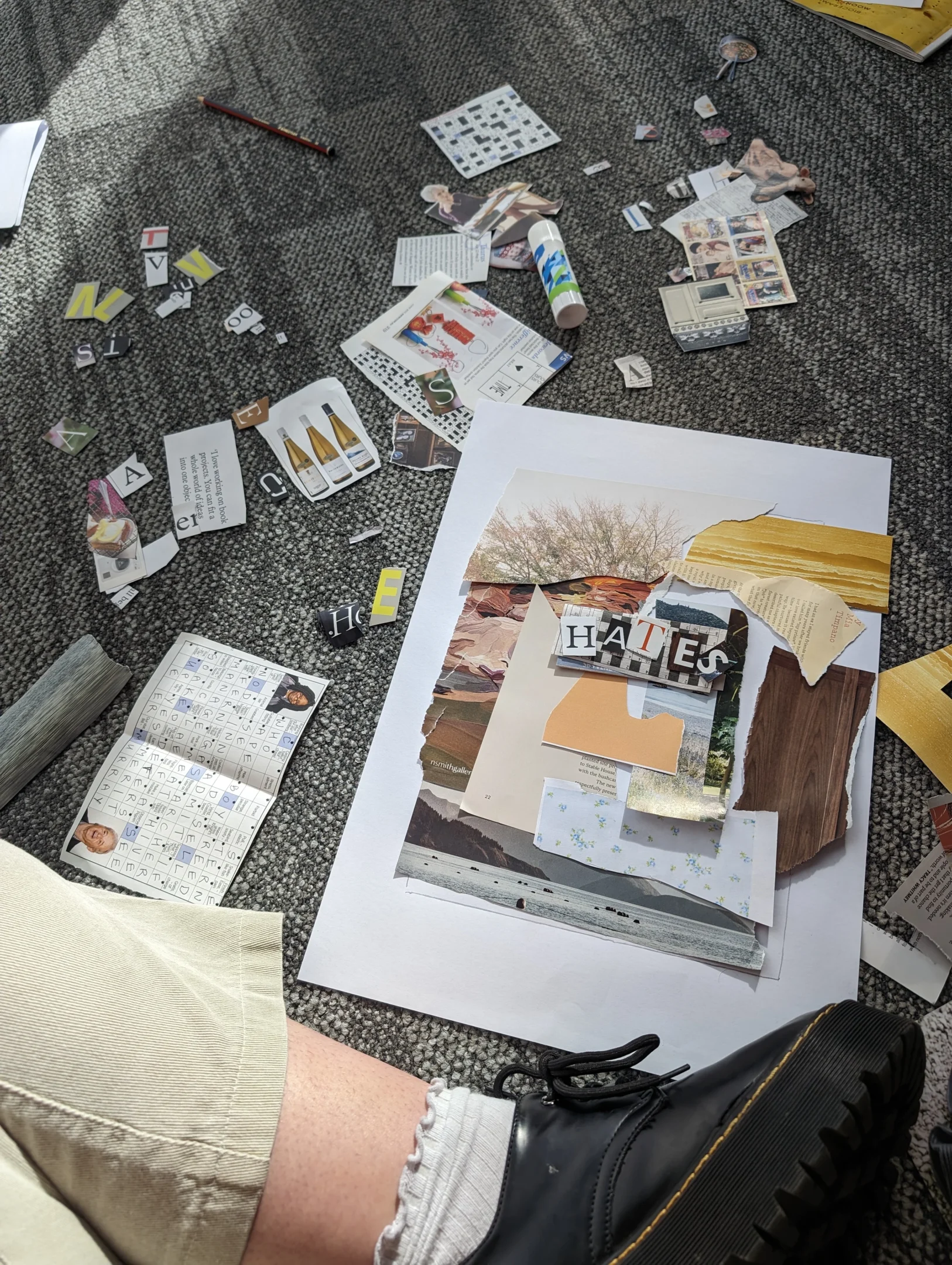25th October, 2024
This week’s lecture discusses how content creation corporations use copyright to control how audiences interact with media. A copyright is a collection of rights that automatically exist to defend someone who creates an original work of ownership. In theory, it protects creators from those who might take credit for their work. There is an array of criticism given to the copyright system and its failure to regulate the arts in practice.
Copyright is supposed to protect intellectual property, giving artists and content creators legal reassurance, but sometimes ‘protecting’ content stifles creation. This is because of the content economy, the monopolisation of the arts. Copyright helps create artificial scarcity, “a way of manipulating markets, which are only tools so that supply can freely meet demand, at some price in which everyone’s outcomes are maximized. But artificial scarcity rules that efficient functioning of markets out altogether — it’s a way to restrict supply, and therefore raise the price.” Which makes content profitable because, economically, the industry operates in a way that requires a piece of art to be remarkable or unique to make any serious money.
I find the shortcomings of copyright law to be most evident within the mainstream music industry. For example, If you’ve been on TikTok in the last week, you’ve likely seen people comparing Olivia Rodrigo’s new track “Good 4 U’ to Paramore’s 2007 track ‘Misery Business’. This sort of thing constantly happens in music because mathematically, there are only so many melodies that can be crafted from the eight notes in music theory.
We see copyright cases go through based on a melodic similarity all the time, and people lose out on lots of money through that. You can get sued based on copyright if you publish a melody that matches an existing one but varies three or four notes on the scale. This has caused some musicians economic and emotional distress and ultimately stifles the amount of music released without fear of legalities.
In Beethoven’s day, Europe went through the age of enlightenment. There was a massive influx in the production of the arts, and not necessarily for profit. Today, we claim copyright is about ownership and credit and intellectual property, but ultimately, the arts industry is suffering. Beethoven had no legal ownership of his music, and yet we recognise Fur Elise 200 years after its composition. It’s not about credit or ownership. It’s about money.
The same eight massive corporations own 90% of the content we come across online. Of course, the aim of these corporations is not to inspire the arts; it’s to make money. Suppose streaming services allow people to upload copyrighted music. In that case, they don’t make as much money because having two versions of one song available removes the artificial scarcity built around that content.
Algorithms defend this artificial scarcity to maximise profit for these corporations, not to support success for artists. For example, the SoundCloud track I uploaded last week was immediately flagged for violating copyright, and now the world may never know that there is a version of The Cave by Mumford and Sons that has annoying notification sounds scattered all through it.
I definitely think that people should have some level of legal protection that prevents outright copying because, of course, artists should be able to survive from their work, but in a world free from money-hungry corporations, there would be more allowance for alteration content. Oftentimes alteration content provides publicity and profit for the original content anyway. For example, Olivia Rodrigo’s song ‘Good 4 U has been compared to Misery Business by Paramore, and now Misery Business has charted #17 on Billboard, 14 years after the initial release.
My remediation this week is a playlist of successful songs that share similarities with other songs.
References
haque, u., 2018. Why Artificial Scarcity is Killing You. [Blog] Medium,.






